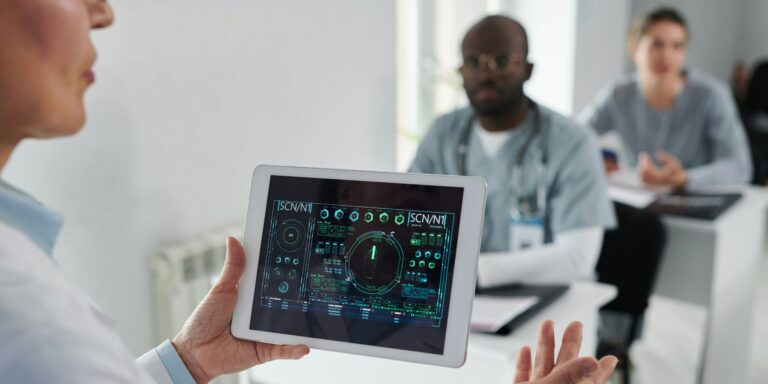As of August 30, 2025, the evolving U.S. economy is being shaped not just by markets and policy, but by bold decisions from private-sector leaders steering their industries toward growth, innovation, and resilience. Two recent developments illustrate this trend: Apple’s announcement of an expanded domestic investment initiative totaling $600 billion over four years, and a new Deloitte survey showing surging confidence among health-care executives as the sector pivots to a more consumer-centric, tech-enabled future.
Apple’s latest move to bolster its U.S. footprint is a clear demonstration of corporate leadership aligned with national priorities. The company announced an additional $100 billion investment as part of its broader commitment to allocate $600 billion toward operations, infrastructure, and jobs within the United States. CEO Tim Cook framed the initiative—called the American Manufacturing Program—as a catalyst for long-term economic vitality. With this investment, Apple plans to localize key aspects of its supply chain, including semiconductor manufacturing, glass fabrication for iPhones and Apple Watches, and production of rare earth magnets, components critical to the tech industry’s future.
Read Also: https://leadrmagazine.com/apple-commits-100b-to-u-s-manufacturing-emphasizes-strategic-reshoring/
More than just a financial pledge, Apple’s plan aims to create tens of thousands of high-skill jobs. The company currently supports 450,000 supplier and partner roles across all 50 states and expects to add 20,000 direct employees over the next four years in areas such as silicon engineering, artificial intelligence, machine learning, and software development. The initiative signals a strategic pivot toward domestic self-reliance in advanced technology and manufacturing, positioning Apple as not only a global tech leader but also a major driver of American industrial capacity.
At the same time, the U.S. health-care sector is showing signs of renewed optimism and transformation, as revealed in Deloitte’s latest C-suite survey. The study found that 60 percent of health-care executives now hold a favorable outlook for the sector in 2025, up from just over half a year ago. The upward trend in sentiment reflects growing confidence in operational and financial stabilization following several years of post-pandemic disruption and rising cost pressures.
Notably, 69 percent of respondents anticipate revenue growth, while 71 percent foresee improved profitability. Executives cite a combination of technology investment, consumer-centered care models, and strategic restructuring as key drivers. A shift is underway toward digital-first services, including telemedicine, AI-assisted diagnostics, and personalized care platforms that better meet patient expectations for convenience, transparency, and quality. The study highlights how providers are reimagining their relationships with patients, not just as recipients of care but as engaged consumers seeking value and outcomes.
Both Apple’s investment and the health-care sector’s strategic optimism reflect a broader narrative: corporate leadership is not waiting for government intervention or economic recovery to take root. Instead, executives are proactively shaping the trajectory of their industries through investment in people, technology, and long-term infrastructure. The alignment between innovation and economic stewardship is evident, and it’s being driven at the boardroom level.
While Apple’s focus is on reshaping domestic manufacturing and reducing dependency on global supply chains, health-care organizations are focused on navigating a complex regulatory landscape while adapting to changing consumer behaviors and expectations. Yet both sectors share common themes—investment in innovation, data-driven decision-making, and a commitment to sustainable growth.
These developments also underscore the growing importance of cross-sector leadership in shaping the U.S. economy. As geopolitical tensions, supply chain vulnerabilities, and labor market shifts continue to pose challenges, it is the foresight and action of corporate executives that may prove decisive in building a resilient and forward-looking American economy.
With Apple setting a high bar for industrial investment and health-care executives signaling confidence in a new era of digital care, these two case studies serve as powerful examples of how strategic leadership is guiding American enterprise through a pivotal period.


